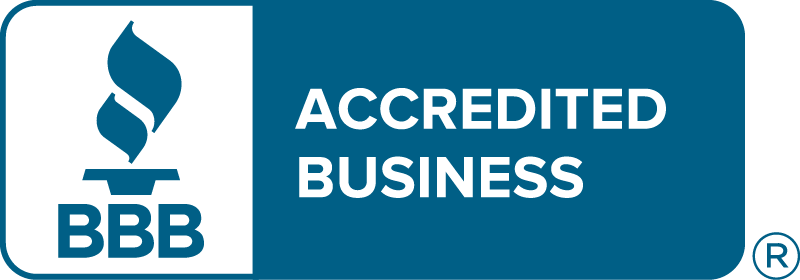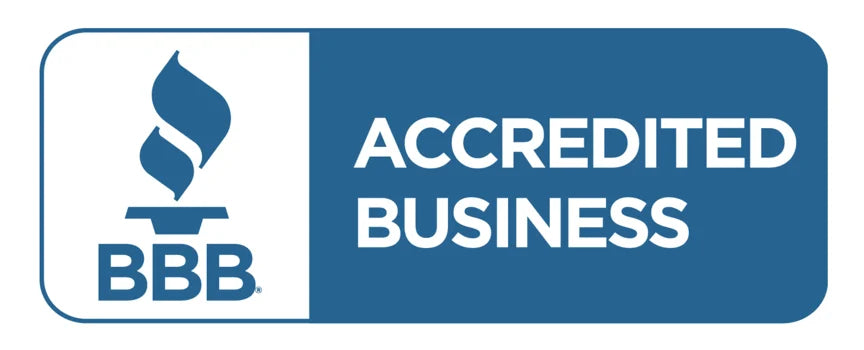As hearing aids are an expensive purchase, it's crucial to select the model that best fits your requirements and way of life. You might wish to think about waterproof or water-resistant hearing aids if you lead an active lifestyle or work in situations where water is present. We will examine the difference between waterproof and water resistant hearing aids in this blog post, as well as the advantages each one provides.
Also, we will go through things to take into account while deciding between waterproof and water-resistant hearing aids. The sort of hearing aid that might be the best fit for your needs will be clearer to you by the end of this article. Let's get started and learn more about hearing aids that are waterproof and water-resistant!
Waterproof V/S Water-Resistant Hearing Aids
- Waterproof Hearing Aids
A waterproof hearing aid can be submerged in water entirely without suffering any damage. These hearing aids are made to survive exposure to water, which makes them the perfect choice for anyone who engages in water-based sports like swimming, surfing, or diving. Waterproof hearing aids often offer more protection from moisture and can be worn in a range of damp settings without the need for additional safety precautions.
To keep water from getting inside the device, waterproof hearing aids are often composed of special materials and feature airtight seals. They can be employed in areas with deep water and are also made to endure strong water pressure. Also, some waterproof hearing aids feature a unique coating that helps them fend off moisture and water, enhancing their durability and resistance to wear and tear over time.
The ability to completely engage in water-based hobbies without bothering about destroying their hearing aids is one of the key advantages of waterproof hearing aids. While using hearing aids in damp settings, they also offer more assurance and trust.
It is significant to remember that not all waterproof hearing aids are made equal and that different models can have different levels of waterproofing. To make sure that the device satisfies your requirements for water exposure, it is crucial to check the device's IP (Ingress Protection) rating. Moreover, waterproof hearing aids could cost more than normal hearing aids, so it's crucial to consider the costs and advantages before buying.
Also Read: New Technology in Hearing Aids That You Should Know Right Now!!
- Water-resistant Hearing Aid
Water-resistant hearing aids are made to endure exposure to water as well as other environmental elements like sweat and humidity.
Water-resistant hearing aids often offer greater moisture protection than standard hearing aids. They might have a unique sealant or coating that helps keep water out of the gadget. Also, they might have parts that were created particularly to be water-resistant or waterproof.
It's crucial to understand that while water-resistant hearing aids can tolerate some water exposure, they are not entirely waterproof. They shouldn't be submerged in water, and extended exposure to water can be too much for them to handle.
Consult a hearing healthcare professional if you're thinking about getting a water-resistant hearing aid to see if it's the best choice for you. They may advise you on which hearing aid would be best for your requirements and way of life in addition to giving you advice on how to take care of and maintain your hearing aid to make sure it lasts as long as possible.
How to Keep Your Hearing Aid Safe From Moisture?
Even though they are water-resistant, hearing aids are frequently damaged by moisture. The following advice can help you protect your hearing aid from moisture:
- Employ a dehumidifier for hearing aids
Devices called dehumidifiers to assist in removing extra moisture from the air. They can also aid in drying out your hearing aid, which might lessen the chance of damage. Dehumidifiers for hearing aids are created especially to safely and damage-free dry your hearing aid.
- Clean up after your hearing aids
Dirt, earwax, and other debris can get stuck in your hearing aid due to moisture. This can be avoided by doing regular cleaning. To clean any dirt, use a soft, dry cloth or a brush designed specifically for cleaning hearing aids.
- Steer clear of severe temperatures
Extreme temperature exposure can result in moisture accumulation inside your hearing aid. Avoid leaving your hearing aid in bathrooms or other high-humidity areas, and avoid leaving it in hot cars or the sun.
- Take the battery compartment apart
Open the battery box while not using your hearing aid to let air flow within. This may lessen the accumulation of moisture.
- Maintain proper hearing aid storage
Keep your hearing aid in a cool, dry location while not in use. If you want to keep your hearing aids dry, think about utilizing a dedicated storage case.
Conclusion
Not sure which hearing aid style is best for you? Consult your hearing instrument specialist for a suggestion. Your hearing instrument specialist can assist you in choosing the hearing aid that best suits your hearing requirements, lifestyle, and financial situation. Your professional is a valuable ally in improving hearing.










